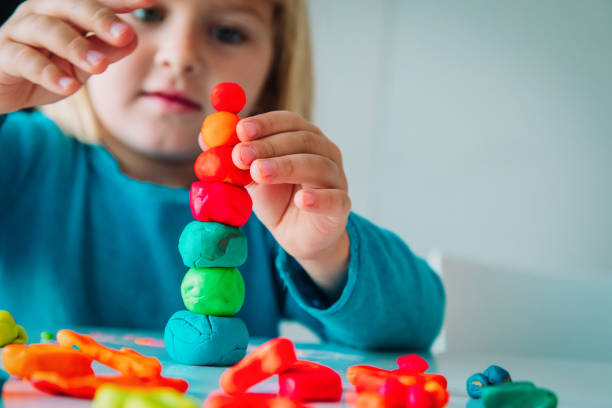7 Reasons Why Arts Education Is Essential For Children

The field of education has been evolving over the recent years. More areas, such as arts, are being included in the curriculum due to recognising their importance, especially in childhood development. People increasingly realize that art is the noble piece to a complete and competitive education for children.
Educating children about the arts and encouraging them to participate is crucial in enhancing their learning throughout all academic areas. Arts allow children to develop their confidence and learn to think positively about themselves and others. Through their performances of various artistic activities like dancing, children can showcase their skills to others fearlessly.
This article will examine the seven reasons arts education is essential for children, from boosting creativity to fostering accountability. Whether you are an educator or a parent, recognizing these benefits of arts education to children will help you unleash their full potential in this digital era and mould them into proficient individuals. So, let’s get started!
-
Boosts Creativity
One key reason arts education is essential for children is that it helps boost their creativity. Art allows children to explore beyond their comfort zone and self-express themselves to others. It gives them the room to take chances and create a unique presentation.
Simple activities like painting and drawing on art paper or recycled cartridge paper can enable them to develop their visual interpretation of their surroundings, thus fostering their imagination and creativity.
-
Improves Academic Performance
A child’s involvement in arts education can lead to increased academic performance. This is because the arts act as a platform that nurtures certain skills in a child that can be employed in other fields of education. These skills include; creativity, discipline, focus, critical thinking, and decision-making.
Studies show that children who regularly participate in arts are more likely to be acknowledged for academic achievements in science, writing, and math. This is because they can transfer the skills they gain from the arts to their relevant academic fields.
-
Improves Confidence
The confidence and self-esteem of arts education are incredible, and every child should experience it. Mastering a subject undoubtedly enhances a child’s confidence but engaging in the arts has a distinct quality.
Children step outside the box by participating in artistic activities like drama and music, which require them to perform before a larger audience. Art becomes the mechanism that they employ to self-express themselves. It allows them to effectively communicate their feelings, emotions, and experiences with enough courage. Therefore, art becomes a safe space for children to navigate and present their ideas to others without fear.
-
Improves Cultural Awareness
As we live in a diverse world, there is a high possibility of the media presenting conflicting images of various groups. For instance, if a child is playing with a toy that indicates a racist or sexist connotation, part of that meaning emerges because of the object’s aesthetics, like the colour, form, and texture of the hair.
However, through arts education, children can better appreciate that what they see can be someone else’s version of reality. Arts education lets them discern an artist or designer’s decisions by depicting a subject. Through the exposure they get from arts, children can become adults with an appreciation for diverse cultures.
-
Promotes Collaboration
Another reason why arts education is crucial for children is that it promotes collaboration. Arts enable children to taste what it feels like to be an active project member and collaborate with others to achieve the set objectives. Through collaborative artistic projects like music and theatrical plays, children can learn the skill of working as a team.
Additionally, as children work together through the arts, they get to appreciate the diversity and differences of others and realize how cooperation enhances performance. The arts teach children how to coexist and collaborate with others, thus creating a safer and more tranquil learning environment.
-
Enhances Critical Thinking
The arts encourage higher levels of thinking in children that are transferable to studying other academic topics and life beyond school. Arts education enables children to develop their ability to observe, interpret and analyze information. Also, they can view situations from various angles and devise different strategies to tackle them.
These critical thinking skills are advantageous to children for their preparation for college and lifelong learning. This is key, especially in our contemporary world, where one has to sort out a sea of information to identify whether the facts are reliable and pertinent to a given topic.
-
Fosters Accountability
Children who participate in the arts learn to be responsible for their contributions to the group, much like teamwork. They understand the importance of accepting responsibility for their actions if they mess up or make a mistake.
As they become older, children will benefit since they will be groomed into adults who learn to be answerable for their actions rather than being in denial. Thus, they will accept mistakes as a part of life, rectify them, and move on. Additionally, they will learn to accept constructive criticism from others when wrong and listen actively to others’ ideas.
Conclusion
Arts education adds a great value of benefits to a child’s development. Through arts education, children can enhance their creativity, confidence, critical thinking, academic performance, accountability, cultural awareness, and easy collaboration. These skills are crucial in the nurturing process of children to become well-rounded individuals who can easily adapt to this ever-changing world. Thus, parents and teachers must acknowledge the role of arts education and support its implementation to the fullest.








